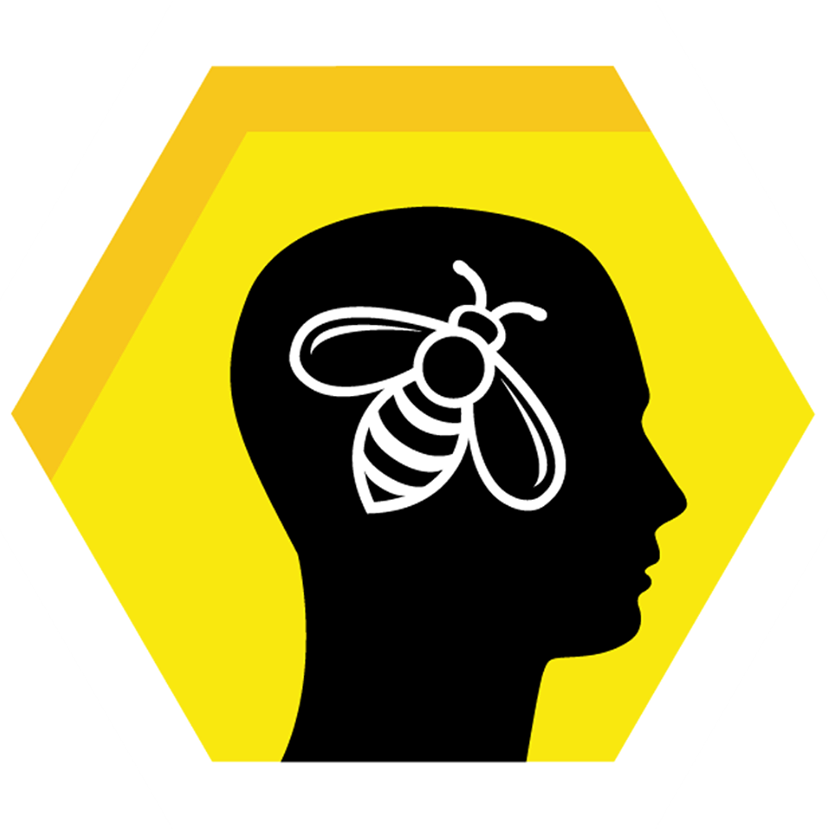Fascinated by the human brain?

Are you interested in:
- how our mind interprets our surroundings and makes decisions
- how our brain controls our muscles so we can move, and
- how chemical imbalances in the brain may cause a range of different neurological diseases?
If yes, then participate in the University of Waterloo’s Annual Brain Bee Competition! You will learn this and much more!
For additional information and to register for the Brain Bee, please visit us at the Waterloo Brain Bee website.
Questions? Email Tamara Maciel, Coordinator, Waterloo Brain Bee.
